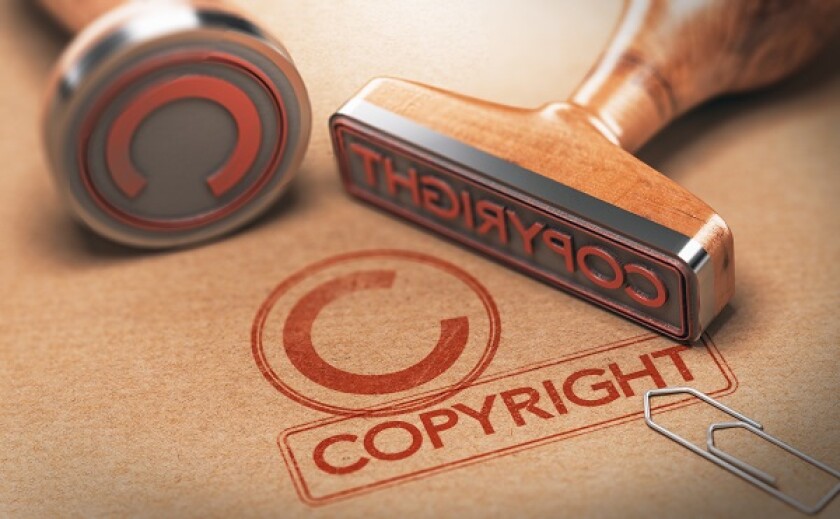To nurture a more protective and encouraging environment for innovation which is key to economic transformation and development, on November 11 2020, China promulgated the amended Copyright Law [2020 amendment], which will become effective on June 1 2021. The first Copyright Law was enacted in 1990 and was subsequently revised respectively in 2001 and 2010.
To accommodate new forms of works generated from frequent technology advances and innovation, Article 3 of the 2020 amendment incorporates a catch-all provision – "other intellectual creations that satisfy the characteristics of works." This will allow courts in individual cases to determine new forms of protected works. Article 3 further replaces the wording of "cinematographic works" [电影作品] with a new term called "audiovisual works" [视听作品], expanding works that can be copyrighted to sports programmes, music videos, flash, etc.
Furthermore, Article 10 expands the scope of the right to broadcast to cover both wired and wireless means used to publicly transmit or retransmit works to the public. Article 10 also adds the right of information network dissemination which refers to the right to make works available to the public by wired or wireless means so that the public can access the works at the time and place they choose. These revisions will potentially bring online streaming of sports and other online programmes into the protection range of copyright law.
It should be noted that by replacing the term "news on current affairs" with the precise wording of "pure factual information" in Article 5.2, the 2020 amendment indicates that the commentary text and other contents in news can be copyrighted, provided that they satisfy the originality requirement. Previously, in practice, due to the ambiguous definition of "news on current affairs", many people have applied this provision to fight against infringement charges when reprinting news reports prepared by others, which greatly damaged the rights and interests of the media industry.
Interestingly, the 2020 amendment makes certain improvements on the concept of fair use. Pursuant to Article 24, a copyrighted work may be exploited without the author's permission in certain limited cases, provided that the normal exploitation of the works shall not be affected, and the legitimate rights and interests of the copyright holder shall not be unreasonably prejudiced. Article 24 also provides that published works may be made available to persons with a print disability in accessible ways that they are able to perceive.
It is worth nothing that the 2020 amendment increases the severity of sanctions against copyright infringement. In line with the Chinese Civil Code, Trademark Law, Patent Law, and the Anti-Unfair Competition Law, the 2020 amendment introduces punitive damages. For the intentional infringement of copyright or copyright-related rights where the circumstances are serious, compensation may be up to five times of determined damages. Meanwhile, pursuant to Article 54, if the actual loss of the right holder, the illegal gains of the infringer and the royalties are difficult to calculate, the court shall, with reference to the circumstances of the infringement, award compensation of not less than RMB 500 but not more than RMB 5 million. The 2020 amendment significantly raises the ceiling of statutory damages from RMB 500,000 (around $75,500) to RMB 5 million ($755,000).
To address the difficulty of gathering evidence regarding damages for a right holder, the 2020 amendment provides that the court may order the infringer to provide account books and materials related to the infringement if i) the right holder has fulfilled its necessary responsibility in relation to burden of proof, ii) the books and materials related to the infringement act are mainly in the hands of the infringer. If the infringer fails to provide or provides false account books and materials, the court may determines the amount of compensation by referring to the claims and evidence presented by the right holder.
The 2020 amendment also empowers the copyright administration to confiscate illegal income, destroy infringing products and equipment mainly used to make the products without any compensation, and impose fines against the infringer. If the unlawful turnover is more than RMB 50,000 yuan, a fine of not less than one time but not more than five times of unlawful turnover may be imposed. If there is no unlawful turnover or the unlawful turnover is difficult to calculate or less than RMB 50,000, a fine of less than RMB 250,000 may be imposed. If a crime is made out, criminal responsibility shall be investigated according to law
To sum up, the 2020 amendment addresses issues relating to works arising from digital technology and extends protection. It is widely believed that the 2020 amendment will serve as a stronger deterrent against copyright infringement, which will ultimately provide a desirable legal environment for inspiring creativity.












